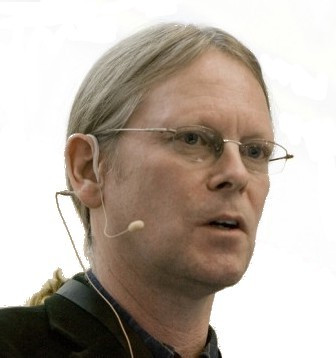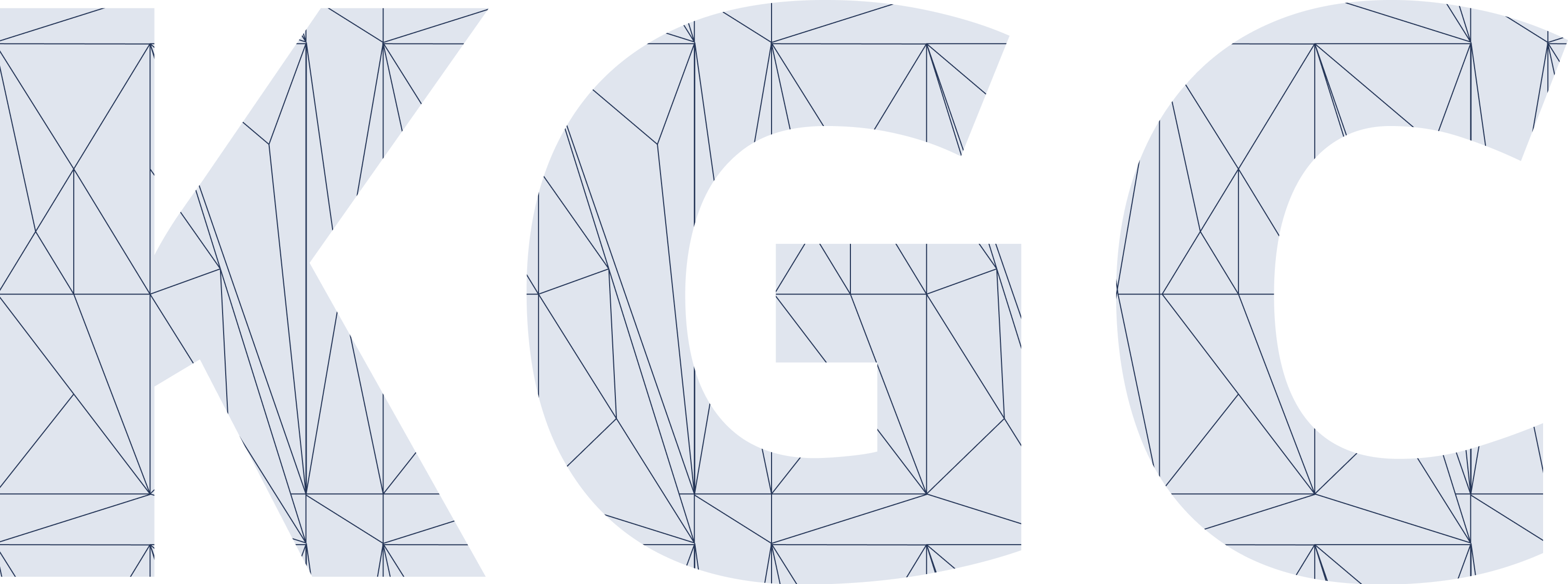Dave Raggett

W3C/ERCIM
Staff Member
Biography
I am a UK citizen living in the west of England close to the city of Bath. I am married with a son and a daughter, and used to frequent travel. I enjoy working in distributed teams and have worked in this way since the early nineties. I am a member of the World Wide Web Consortium (W3C) and attached to the European host (ERCIM). My current roles are as follows:
- W3C lead for the Data Activity (RDF and Linked Data) where I am helping to drive work on future standards, e.g. extending RDF to embrace Property Graphs, new query languages for graph databases, context sensitive mapping between data in different vocabularies with overlapping semantics, and moving beyond deductive reasoning to support induction (learning from examples), abduction (inferring causes from observations), reasoning by analogy (based upon structural similarities with other problems), geospatial reasoning, causal reasoning (plans), social and emotional reasoning.
- W3C champion for the Web of Things Activity, which is developing standards for an abstraction layer for the IoT based upon Linked Data and things as objects with properties, actions and events, and aimed at overcoming the fragmentation of the IoT for an open Web of services.
- W3C staff contact for the Dataset Exchange Working Group that is updating the Data Catalogue Vocabulary standard (DCAT).
- Work in a couple of EU projects in relation to standardisation, data management, data governance and certification: Create-IoT – a Coordination and Support Action for the IoT European Large Scale Pilots, and Boost 4.0 – a 50 partner LightHouse project on big data for smart manufacturing.
Talks and Events
2022 Workshop: Representing and reasoning with imperfect knowledge
This workshop will address uses cases and techniques for reasoning with imperfect knowledge graphs, i.e., including knowledge that is uncertain, incomplete and inconsistent. Deductive reasoning will have limited usefulness to extend imperfect knowledge graphs, as it assumes knowledge that is wholly truthful – i.e., perfect knowledge. This workshop investigates the use of plausible reasoning over knowledge graphs including imperfect knowledge, where mathematical proof is replaced by plausible arguments for and against a given premise – in other words, everyday reasoning! The foundations for this were laid by Alan Collins and his colleagues back in the 1980’s, building upon earlier work on semantic networks, and far earlier work in Ancient Greece in respect to ideas about argumentation. We plan to focus primarily, but not exclusively, on use cases for healthcare, and will discuss technical approaches for plausible reasoning in all of its forms, including, but not limited to, causal, argumentation, case-based, abductive, and qualitative reasoning and fuzzy logic. We also welcome demonstrations and evaluations of proof-of-concept implementations.
